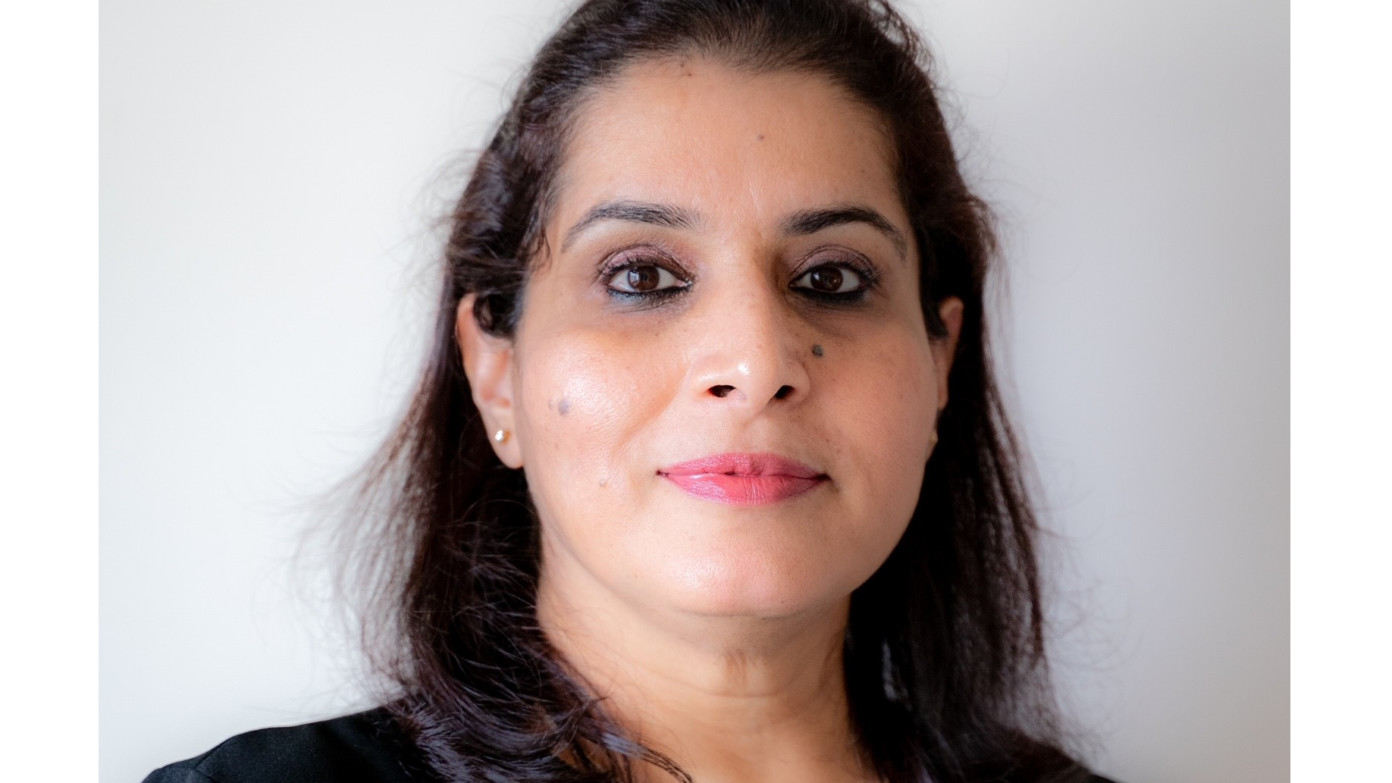Our female leaders in tech – Anshu’s story

With over 25 years of experience in the field, Anshu has witnessed first-hand the evolution of technology from the start of the computer age to the emergence of generative AI. As a female leader working in technology, Anshu’s career has been shaped by both challenges and achievements, leading her to the position she is now in. Anshu recognises the key driver to her success and provides valuable insight for new graduates and women entering the industry.
Why did you choose a career in technology?
About 30 years ago, technology began to emerge as a viable career choice, and the potential of computers was evident when I first started working on a ‘PC’ during that time. It's so incredible that even after three decades, technology continues to hold immense promise for the future as it’s ever-evolving.
What has kept you motivated to stay in the Technology field for so long?
Having spent over 25 years in technology, there is an evolution that I have witnessed first-hand – starting my career coding on monochrome screens in C++ to now where generative AI like Chat GPT are creating a wave. Technology is ever evolving and pervasive and it's been an amazing ride so far learning, unlearning and re-learning as technology opens more and more frontiers for us.
What key takeaways from your career journey would you like to share with a new graduate entering the workforce?
Start with an open mind. The first few years, especially as a new graduate joining the workforce, is the time for learning. Allow yourself time to slowly discover what areas you like more than the others, and then focus on sharpening your craft.
Domain and context are as important as technology. Being a technologist doesn’t mean that we only care about all things tech. The tech solutions we build are for solving a business problem and it's equally important to understand the business context to be able to solve it accurately.
Don’t chase tools, master the fundamentals. Sometimes it may seem if you are not working on the latest and greatest toolsets or frameworks, that you are not growing. Tools will come and go and change constantly, but techniques and investing in fundamentals always pay off.
What is your proudest achievement in your career with Standard Chartered so far, and why has it been meaningful to you?
There have been many occasions in my last 4.5 years at the Bank that have made me feel proud of what I and our teams do and deliver. One of the particular cases I recall was in 2019 – implementing a significant regulatory programme in Hong Kong, one of our largest markets. A programme of that size and scale required meticulous planning and had over 200 people involved from different teams across the Bank. The launch day was expected to go smoothly but we had hiccups that the teams had to work together to troubleshoot the problem. The way all teams rose to the occasion to get the past those stumbles was stellar and at the end of the day we had a successful programme live. This showed the spirit of the Bank and the single-minded focus that we hold to work towards a common goal.
How do you foster a culture of innovation and collaboration within your team, and what role do you believe diversity plays in driving these outcomes?
Collaboration is hugely important to my work and is not only fundamental for our team to run efficiently and successfully, but is essential in all parts of the organisation. There is no team that can do it all in isolation – cross-team collaboration and shared goals is often required for us to deliver better value and faster.
Diversity at Standard Chartered is unique in many ways. Not just gender diversity, but there is cognitive and ethnic diversity in every team. Not only does this enrich the thinking and how we combine the power of diverse mindsets, but it is also very fulfilling to soak in different cultures.
What would you say to someone thinking about making the move from a technology organisation to Standard Chartered?
A job in banking solutions and platforms requires an additional lens of resiliency, the ability to build for the long term and a fail-safe mindset. The ability to think like a customer is equally pivotal to succeeding in this role.
What advice would you give to young women looking to build a career in technology?
Think of a career as a marathon and not a hundred-metre dash. There will be times when you will need to slow down, and there will be times when you will pick up pace in your career and zoom past. Don’t let the times when you slow down make you give up your career. As women, there are implicit and explicit additional pressures beyond our careers in our lives – have trust, build your support system and continue to move ahead.
Having a learning and growth mindset is extremely important, as much as being hands-on. As a fresh graduate, invest time in learning the skills and systems, engage with your direct and wider teams and be forthcoming in sharing your thoughts and ideas.